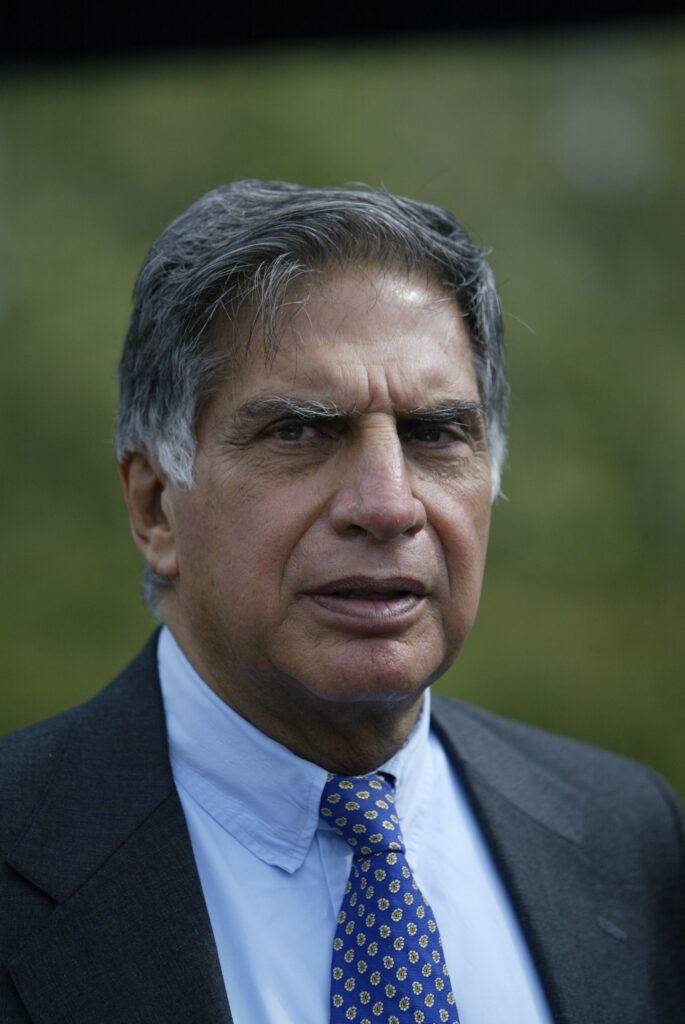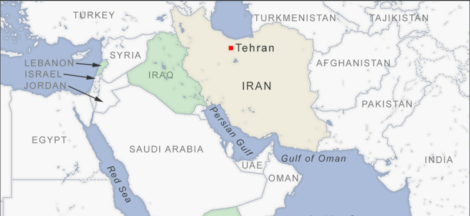Tributes poured in across India on Thursday as the nation prepared for Ratan Tata’s final farewell. The former chairman of Tata Group, who passed away at 86, left behind a profound legacy as an industrialist, philanthropist, and national icon. His death marks the end of an era for one of India’s most respected and globally recognized corporate empires. His passing has triggered a wave of mourning from all walks of life, uniting business leaders, political figures, and citizens in their grief.
Ratan Tata’s death, confirmed late Wednesday evening, was met with an immediate outpouring of tributes from across the globe. Natarajan Chandrasekaran, the current chairman of Tata Group, called Tata a “truly uncommon leader” whose contributions not only shaped the Tata conglomerate but also profoundly impacted India’s economic and social fabric. Chandrasekaran expressed that Tata’s vision and leadership would continue to inspire the group and the nation.
Prime Minister Narendra Modi personally conveyed his condolences to Tata’s family, speaking with Noel Tata, the late industrialist’s half-brother. Modi described Ratan Tata as a nationalist and a visionary whose philanthropic contributions set a benchmark for generations. Leaders from various political parties echoed similar sentiments. Maharashtra Governor CP Radhakrishnan called Tata a “great nationalist” whose legacy would be remembered not just in the corporate world but also for his commitment to social causes and nation-building.
Ratan Tata’s contribution to India extends far beyond business. Known for his integrity and fairness, Tata transformed Tata Group into a global powerhouse while maintaining strong ethical practices. His leadership during crucial phases such as the acquisition of Jaguar Land Rover and Corus Steel remains notable. However, what sets Tata apart is his dedication to philanthropy. Under his guidance, the Tata Trusts expanded their reach, contributing significantly to education, healthcare, rural development, and various social causes across India.
The public farewell will be held at Mumbai’s NCPA lawns, where thousands are expected to gather to pay their respects. From business magnates to common citizens, the tribute is set to be a reflection of the enormous influence Tata had across social strata. Bollywood celebrities, sports stars like Sachin Tendulkar, and political leaders, including top ministers and state officials, are expected to be present at the evening ceremony at Worli Crematorium. It is anticipated to be a solemn affair, marked by the deep emotional connection many felt towards Tata as a man who championed values, ethics, and national pride.
Ratan Tata’s philanthropic efforts earned him a special place in the hearts of many. His contributions during crises, including spearheading relief efforts during natural disasters and providing unwavering support during the COVID-19 pandemic, were lauded widely. His leadership extended beyond profit-making to creating a better society. As the chairman of Tata Trusts, Tata channeled a significant portion of the group’s earnings into causes aimed at social betterment. It is estimated that nearly 60% of the group’s earnings were directed towards philanthropic initiatives during his tenure, a practice that continued long after he stepped down from the leadership role.
Despite his wealth and power, Tata was known for his humility. He avoided the limelight, preferring to let his actions speak louder than words. This was evident when he personally visited victims of the 2008 Mumbai terror attacks, offering not just financial support but also emotional solace to those affected.
One of the most heartfelt tributes came from Shantanu Naidu, Tata’s long-time assistant, who shared an emotional farewell post on social media. Naidu described Tata as his “lighthouse” and expressed the deep void left behind by his mentor’s passing. His words encapsulated the immense admiration many had for Tata, not just as a business leader but as a compassionate and caring human being.
Ratan Tata’s death leaves a significant leadership vacuum within the Tata Trusts, which hold a controlling interest in the Tata Group. Despite stepping down as Chairman of Tata Sons in 2012, his influence over the group has remained substantial, especially through his guidance over the Trusts. The process of choosing his successor from among the trustees is a critical decision that will shape the future of the group, and it must be handled with transparency to maintain investor confidence and ensure a smooth transition.
While Natarajan Chandrasekaran currently heads Tata Sons, the successor selected for Tata Trusts will wield considerable influence over the group’s philanthropic initiatives and long-term strategic direction. Tata’s personal legacy includes pioneering efforts in both social welfare and international expansion, and his ethical leadership has become the benchmark for future governance. The succession process involves several trustees, including seasoned business leaders and philanthropists, but there is no clear frontrunner as of yet.
Tata’s passing comes at a sensitive time for the conglomerate, which has been undergoing structural changes and global expansion. The careful handling of this leadership transition is crucial to ensure stability across the group’s numerous industries, from automobiles to steel, and to reassure stakeholders about continuity in its mission-driven approach. The Trusts, holding over 66% of Tata Sons’ equity, play a decisive role in overseeing not just corporate matters but also philanthropic activities that Tata prioritized throughout his life.
During his tenure, Tata expanded the group’s global footprint, acquiring major brands like Jaguar Land Rover and Corus Steel, and solidified its standing in the world. His death could lead to some strategic shifts, depending on the philosophy of the chosen successor. However, insiders believe that the fundamental values of the Tata Group, instilled by Ratan Tata, will remain intact through this transition.




 Haryana setback pushes AAP to rule out alliance with Congress in Delhi
Haryana setback pushes AAP to rule out alliance with Congress in Delhi 